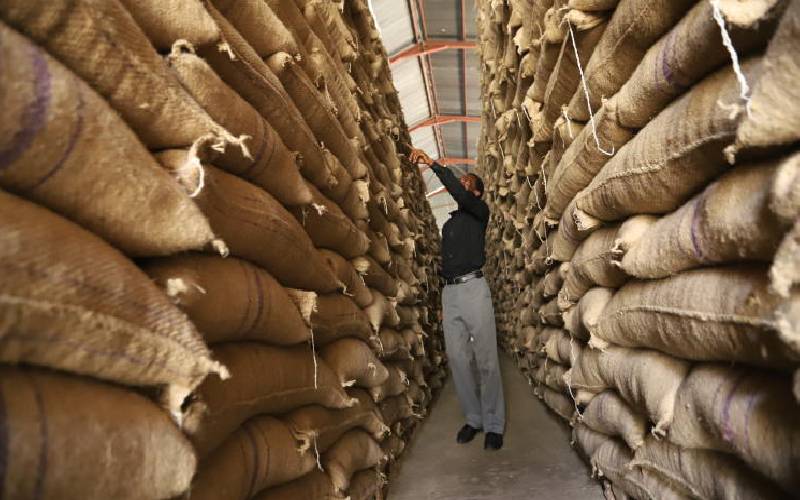×
The Standard e-Paper
Stay Informed, Even Offline

A task-force appointed last year to explore ways of dealing with chaos in the maize sector has recommended privatisation of the National Cereals and Produce Board (NCPB), in a radical move that could see the Government sell its stake in the giant agency.